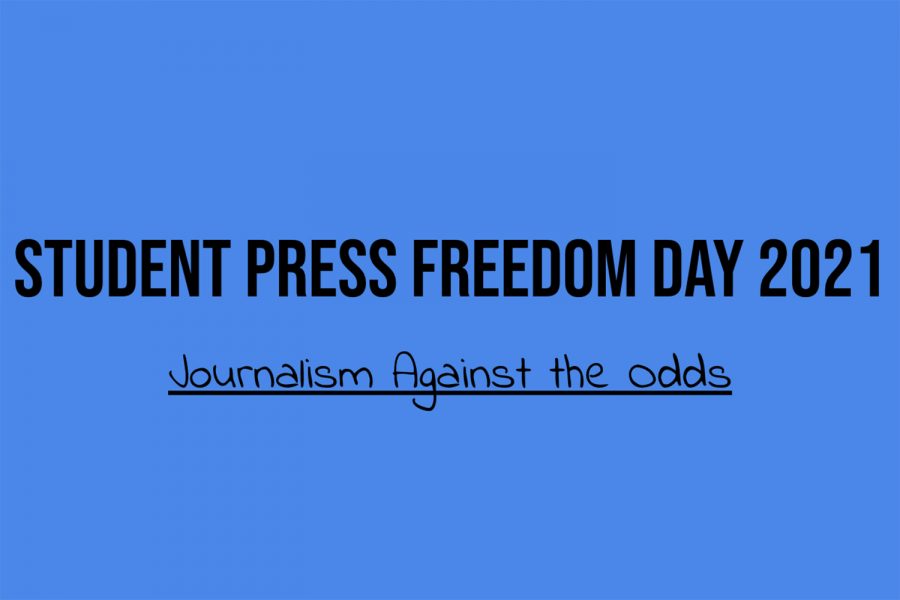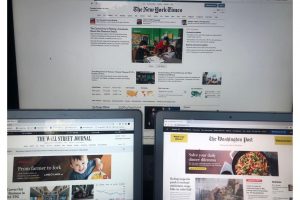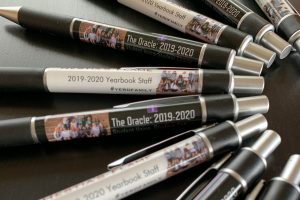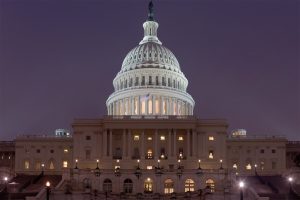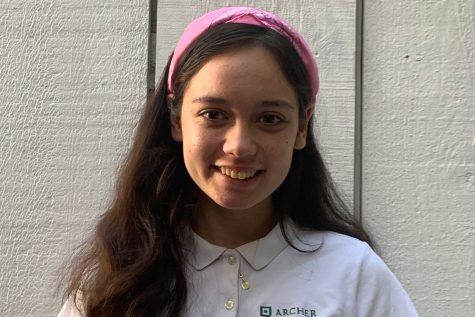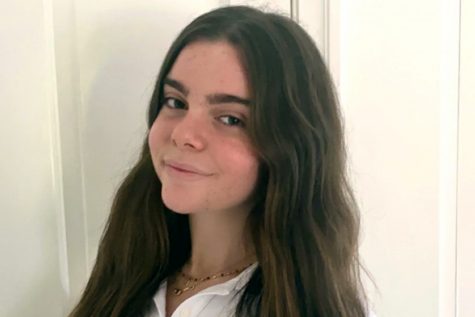Oracle editors reflect on scholastic journalism for Student Press Freedom Day
Photo credit: Lola Lamberg
In honor of Student Press Freedom Day, editors were asked to reflect on the importance of student journalism.
February 28, 2021
This past Thursday was Student Press Freedom Day, an annual reminder and celebration of the importance of student journalism. This year’s theme for Student Press Freedom Day is Journalism Against the Odds “in acknowledgment of the phenomenal news coverage student journalists produced” despite global challenges including Covid according to Studentpressfreedom.org. The Oracle Editorial Board reflected on the importance of Student Press Freedom Day through the questions below.
What does Student Press Freedom Day mean to you?
Chloe Fidler, Voices Editor [CF]: “My biggest fear in life is not having a voice. To me, Student Press Freedom Day is a way that we can secure a society where no one will ever be silenced. Especially in high school when you are still finding your path, expressing yourself and being able to have an outlet for communication and opinion is vital.”
Lola Lamberg, Editor-in-Chief [LL]: “I think Student Press Freedom Day is all about the importance of acknowledging scholastic journalism and the freedom of student voice. Also, having the ability to publish quality journalism without prior review or prior restraint because students should have the opportunity to express themselves through journalism in a credible way. Ultimately, we are training the next generation of reporters, so it’s important to let student journalists speak their minds and report credibly and truthfully without any opposition or retribution.”
Thea Leimone, Culture Editor [TL]: “It’s a celebration of what journalists do, and our freedom to publish whatever we want. Celebrating our role in society as the watchdog — to tell our stories without censorship as well as share the stories of others without fear of being punished or our voices hindered.”
Why do you think student journalism is important in times of crisis?
Grace Doyle, Sports Editor [GD]: In times of crisis, we often hear older journalists, professional journalists and overall adult perspectives as opposed to kids or students. I think students have a really unique perspective, one that is limited and not portrayed in media as often, so having a platform that validates our experiences as well as presents a gateway to the millions of students around the world that are undergoing a similar circumstance is very important.
LL: “We are incredibly important when it comes to times of crisis because when a crisis hits, the public looks to journalism. That’s how we get our facts. That’s how we receive our news. As I stated earlier, we are training the next generation of journalists, so we need to train credible and ethical reporters who can be a factual, an entity that society can rely on in times of crisis, and that begins with students.”
What is something you have overcome this past year?
Vaughan Anoa’i, News Editor [VA]: “I have overcome my issue with flexibility. In the past, before the pandemic, when we were in person for the school, I had more opportunities to interview and collaborate with my fellow Oracle reporters, as well as members of the student body, but since we are socially disconnected right now, I realized that I had to not only push myself out of my comfort zone but also make sure that I was taking more risks as a journalist and pushing myself to be more flexible. Flexibility not only extends to my schedule but with the stories that I chose to cover and the questions and difficult conversations that I pushed myself to have. I definitely think that this is such a significant day to feature and highlight, especially amidst a pandemic and all of the crazy stuff that is happening right now in our world just because I feel the Oracle is the rock of Archer; it keeps us connected in a time of social disconnection. I just couldn’t be more grateful to be a part of a family like this.”
CF: “One thing I have learned this year is that humans can adapt. Something may start off daunting, such as being a student journalist and running a publication amid a pandemic, but at the end of the day, we learn how to cope, and we grow from these changes and challenges and become better people. Our staff has combated a plethora of challenges this school year and I think the theme of Student Press Freedom Day, journalism against the odds, is fitting because it acknowledges our hard work.”
GD: “My specific position as sports editor this year has been quite a challenge. Between the uncertainty of what is happening and frankly, the lack of sports, I think it has been tough to have a robust sports section. However, because of these hardships, I have had new opportunities and ideas on how to cover sports in ways in which I wouldn’t think to do.
Why should we celebrate student journalists?
VA: “I feel I’m slightly biased, little journalism pun there, but I really do feel as though that student journalists are unsung heroes. A lot of the time, we don’t necessarily get the credit that we deserve, considering all the time, effort, and dedication that we put forth to being a student journalist and making sure that we are conveying and covering accurate and factual information for the community to rely on in times of crisis such as this. I personally think it’s a great way to stay connected to my fellow classmates, as well as the teachers; whenever they’re able to comment on our pieces, I think it’s a great way to stay connected to one another, so I definitely want to make sure that myself, along with the rest of the student journalists, who are hard at work, are highlighted, are spotlighted and are truly given the space to celebrate all the work that we’ve done.”
How can you strengthen the fight for Student Press Freedom moving forward? How can you encourage others to join the fight?
TL: I think it’s really all about bringing awareness. I think many people don’t really understand why student journalism is so essential, so important to society, and its impact on storytelling. Having been in publications for three years, I really understand the values like having press freedom, and if we were to be censored, our stories would be so different. Even just spreading awareness to the public and encouraging others to rally and advocate for legislation or their school not to allow prior review and prior restraint. Another way to fight it just by being outspoken; if you ever encounter any censorship, recognizing the issues and knowing that you have the right to tell your story and share your voice with the world.”
Nyah Fernandez, Multimedia Editor: “I never thought I would be in a position of an editor, and looking back, I would want to tell my younger self that this, being a journalist is an important job. I would encourage everyone to join their school’s publication and give themselves a seat at the table, whether for themselves or others. And if you can’t join the publication or your school doesn’t have one, just sit down and write. It’s imperative right now, with COVID-19 and the racial injustices, now more than ever, I encourage you to use your voice and not shy away from hard topics.”



